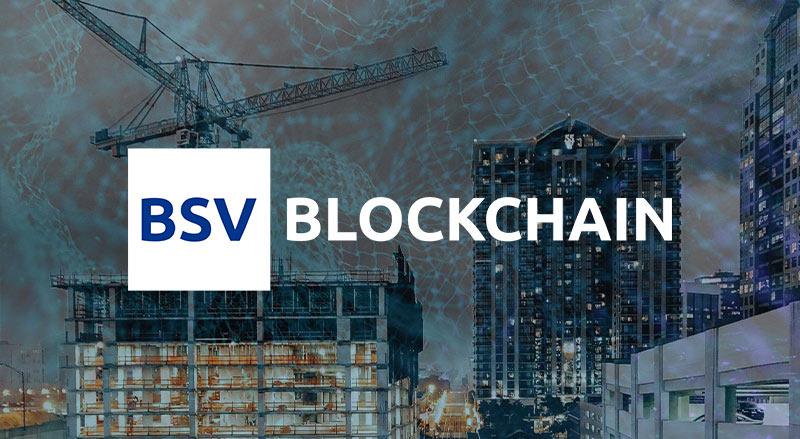Construction is as old as civilisation. And yet, the industry is hampered by challenges that are just as old: cash flow, contractual disputes and wastage of materials.
Dr Maximillian Sinan Korkmaz is a civil engineer who has 17-years experience in the construction industry who is working to reform the sector: ‘I learned the hard way that the construction industry is broken. I waited. Nobody tried to fix it. At least, nobody managed to fix it. Then I decided to do it myself.’
Dr Maximillian founded a start-up, Stabilwerk Bau, based in Frankfurt, Germany to address the challenges.
And what’s more is that he’s doing it with blockchain: ‘When I discovered blockchain and I realised that many problems in the construction industry can be solved by utilising this technology.’
The company’s construction app, named ‘Bau’ means construction in German. It’s a super app encompassing several features that could have been separate apps.
Participating in the Blockchain for Saudi Vision 2030 summit, Dr Maximilian spoke about how the Bau app is using the BSV blockchain to address his industry’s major pain points.
Improving cash flow, the peer-to-peer way
Bau app’s features include payments using smart contracts. These smart contracts offer a very important service to small construction companies, like subcontractors with four or five construction workers, who need to get their cash flow going.
It’s not easy to get a business started and up and running if you don’t know if or when you’ll get paid. Smart contracts on the BSV blockchain solve this problem. How it works is that the smart contract is pre-programmed, and when the subcontractor or contractor has completed their job, they receive their money directly. This gives them the assurance they will receive their money when they’ve done the job.
Matching skilled-labour with projects via a blockchain database
Another of Bau app’s features is a project database where the stakeholders of construction projects can find each other for projects. A subcontractor might access the project database where they’ll see a project board. They’ll look for projects that require their skills, and apply to the general contractor of the project. The management of the construction project takes place on the app and it will be run by all stakeholders.
Preventing contractual disputes with BSV blockchain-based app, Bau app
The app also takes care of securing signage and storage of contracts. By doing this via blockchain, the app can prevent or resolve disputes in the construction industry with the least conflict. Bau app allows projects to make use of Internet of Things (IoT) devices embedded in structures, vehicles and machines. By gathering this data to the blockchain, the app generates a single source of truth for the data. If a dispute occurs at the end of the construction project, it could easily end up in court. But where stakeholders know that we already have the data stored on the blockchain, which is an immutable data ledger, they are incentivised to operate honestly.
A circular marketplace to enhance the sustainability of construction
Another feature of the Stabilwerk Bau app that deserves mentioning is the circular construction marketplace. Circular construction aims to get the most of the construction materials that account for the majority of the carbon dioxide emissions in the world.
Bau aims to help transform the industry to a more sustainable one by promoting circular construction where the reuse of materials and components from demolished structures is one of the best practices. This feature makes it possible for companies, government agencies and individuals to buy and sell construction materials from demolished structures in a peer-to-peer manner. Dr Maximillian points out that, when talking about construction, we should think beyond buildings as it includes dams, roads, bridges and all kinds of structures.
He refers to another German company trying to implement a circular construction programme via traditional paper ledgers. ‘They visit construction sites and take stock of materials on paper. Though it’s a good concept, it’s not scalable the way it is when you do it on blockchain.’
‘Our blockchain-based app can actually reform the construction industry from one that’s responsible for a huge amount of carbon dioxide emissions to a more sustainable one. In Europe, especially in Germany, the government is incentivising sustainability. And I think the circular economy in general, and circular construction in particular, will be one of the most prominent concepts of the coming decade.’
Blockchain for government and enterprises
Dr Maximillian’s comments reforming the construction industry originate from his participation in the Blockchain for Saudi Vision 2030 summit. To stay abreast of similar summits and presentations in your geographic location, bookmark our events page.
